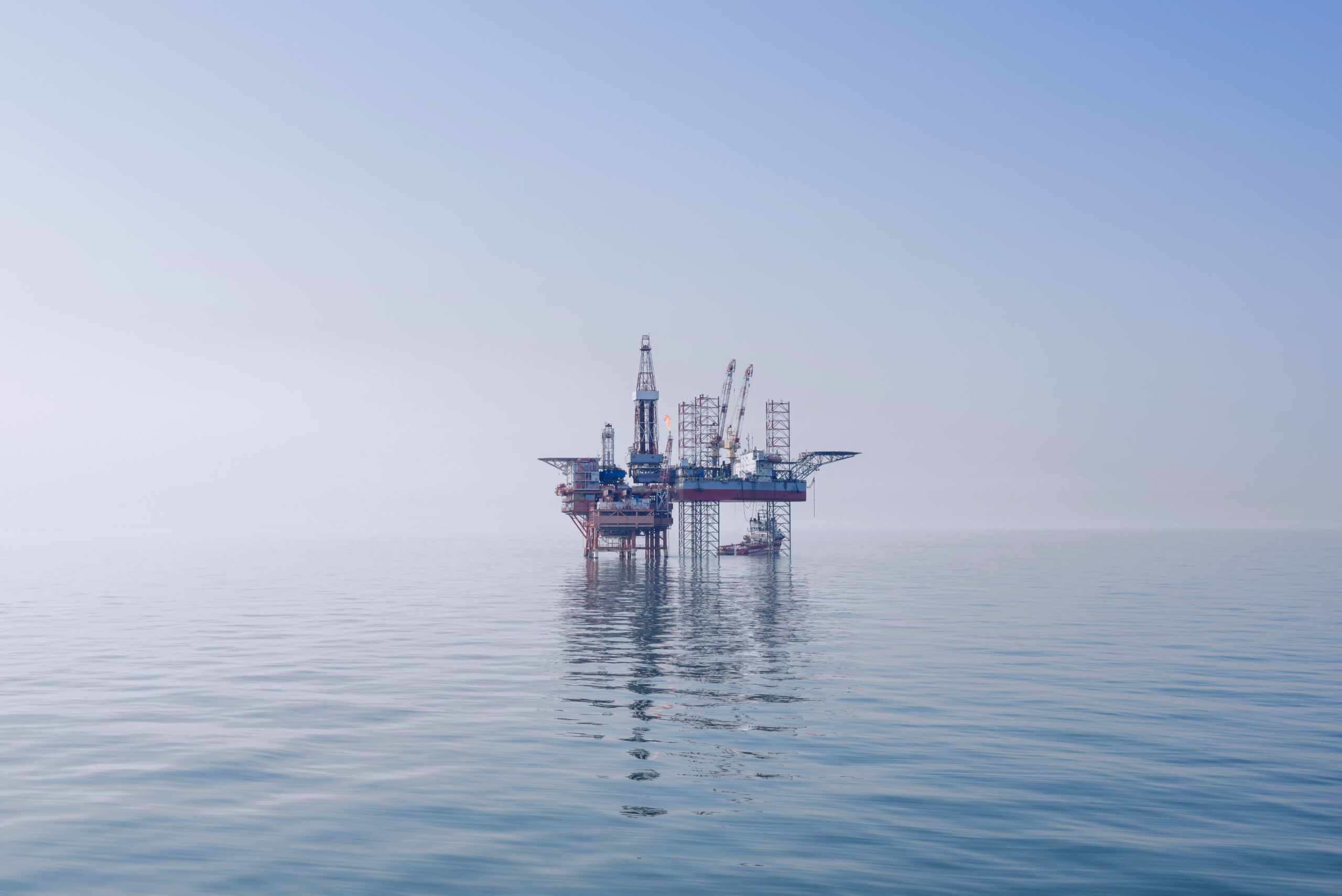Nearly three months after COP28, are we actually delivering on its promises?
The day before COP28 began in the UAE last November, a damning report was released by the Centre For Climate Reporting, confirming what many had already suspected: COP28 President Sultan Ahmed Al Jaber had taken multiple meetings with various oil-producing countries throughout the year, likely swaying his priorities for the conference ahead. While Al Jaber’s legitimacy had already been in question, this latest report put his credibility on a cliff. As such, COP28 began with damage control: The first move of Al Jaber’s presidency was to operate the Loss and Damage fund based on recommendations from the Transitional Committee, achieving its passage with unanimous support.
It was an easy win, but not a big enough one—and just a couple months into 2024, I worry what was and wasn’t achieved at COP28 might be an arbiter for climate action in the year to come.
Although the fund’s operation was a step in the right direction—facilitating financial resources for countries already suffering the impacts of climate change—as written, many factors could prevent it from working as intended. Most notably, the Transitional Committee’s (questionable) recommendation to name the World Bank as the operation entity, and the absence of the equity principle, would both affect the fund’s ability to assist the nations most vulnerable to climate inaction. To help with this, after the failure of an agreement at SB58, COP28 agreed on the Santiago Network as the fund’s host, operationalizing technical assistance for these countries in loss and damage matters. But it’s unclear if it will be enough.
It also wouldn’t be the only agreement reached during the conference that left something to be desired. After enabling the Loss and Damage fund, the parties focused on the most pressing matter of COP28: the global stocktake decision. In Article 14, the Paris Agreement defined a period of five years for reevaluating the treaty’s implementation and projecting priorities for the following period, with COP28 designated for the first assessment. This year, the most polemic aspect of this negotiation focused on the phrase “fossil fuel phase out” (FFPO), an expression embraced and proposed by the Least Developed Countries (LDC) at COP23, in hopes of more ambitious climate action. Regrettably, based on the strong opposition of various oil-producing countries, the initial presidency draft of the global stocktake did not include the phrase FFPO anywhere in the text, causing upset among those supportive of its inclusion. This latter group comprised 127 parties, including the Independent Association of Latin America and the Caribbean (AILAC), the Environmental Integrity Group (EIG), the EU, and even the US. However, despite overwhelming support, universal consensus is vital for adopting new decisions at COPs—and oil-producing countries did not give in to their demands.
Eventually, compromise was reached between the two opposing sides, and instead of using FFPO, the language was changed to include “transitioning away from fossil fuels in energy systems” and “phasing out inefficient fossil fuel subsidies,” enabling the parties to reach an agreement. Although this small move towards ending fossil fuels is valuable, the latest draft of the stocktake leaves much room for interpretation as to what those two phrases mean—its language too vague to hold many parties accountable. For example, the text only calls for transitioning away from fossil fuels when used in energy systems, thus excluding some industries, such as transportation, from being asked to the same. There has also been talk of “transition fuels,” which would be very favorable to the interests of polluting actors, allowing greenwashing commitments to take the place of actually transitioning away from fossil fuels. Ultimately, all of this suggests that although the revised text of the global stocktake decision was an improvement from the first draft, it does not ensure that polluting states and companies will not continue to exploit fossil fuels: It is merely a first step towards a better horizon, but still a very fragile one.
Helping to fortify that step, it was also decided that the Just Transition program—which advocates for shifting from an extractive to a regenerative economy worldwide, and is likely to be a vital part of the next global stocktake in 2028—would go into operation “immediately after” the end of COP28. But regarding climate finance—in other words, the means by which climate action is funded—it was decided a draft decision would be written later this year, the same year in which three workshops and three work program meetings will be held. The substance of what’s to come will remain for SB60 and COP29, and is perhaps the most impactful element of the upcoming negotiations.
In the interim, there is much that must be done—with a few key factors standing in the way. Consensus is a crucial element in climate negotiations, requiring broad agreements across parties to implement the objectives of the UNFCCC. But it remains unclear how exactly “consensus” is defined at these conferences, as Article 42 of the UNFCCC’s procedural rules—which present two alternative means to reach consensus—has not yet been adopted, leaving much space for interpretation and thus, conflict. At COP16 in Cancún, for example, Bolivia interpreted consensus to mean unanimity, and tried to block the agreed decision, believing it wasn’t ambitious enough. In response, the COP16 presidency insisted that “the consensus rule does not imply unanimity, much less does it imply the possibility of a delegation exercising a right to veto after years of hard work and sacrifice [of the other parties].” Without an explicit definition, the possibility that some groups or states will attempt to block other agreements remains open.
For the climate regime’s success, decisions adopted by the COP must be widely supported and legitimized. Currently, multilateralism and civil society both help ensure this is possible. At COP28, when oil-producing states opposed including FFPO in the decision text, both developing and developed nations joined forces to create the language in the current draft. But they were able to achieve this compromise, in part, because of outside support. Usually, the role of civil society is especially relevant in each stage leading up to every COP. Reports, statements, and advocacy are vital for influencing state agents in pursuing, prioritizing, and incorporating climate ambition into their decisions. At COP28, the typical preambular role of civil society was extended into the very conference itself. After receiving the presidency draft of the global stocktake decision, several demonstrations were organized within the venue in an attempt to pressure delegates to make improvements to it, and to make evident the public opinion that the original presidency draft would entail a regression for climate action. I believe these last minute demonstrations were crucial for the parties who wanted more climate ambition: Without their work and effort, the final version of the decision text would likely not have even mentioned fossil fuels at all.
Still, more consistency and clarity are needed to continue advancing climate action in the right direction, both in 2024 and beyond. The gaps in the “transitioning away” formula adopted by the parties will require immense caution moving forward. It is essential not to repeat COP26’s and COP27’s mistakes, where the former merely mentioned fossil fuels but the latter did not deliver any progress. The prospect of COP29 will not be easy, with another oil-producing host country and a former oil industry CEO as President of the Conference. All of the elements that prevented COP28 from being a fiasco are required and must be maximized in Azerbaijan. Achieving the phase out of fossil fuels depends on developing countries, especially, increasing climate action, and at COP29, developed countries should demonstrate their willingness to achieve the FFPO by committing and effectively transferring the necessary resources to these developing nations. As such, climate finance must be a priority. The fragile progress of COP28 requires a growth curve in the following COPs, setting ambitious targets and equivalent means for achieving them. Let’s dream of a COP30, with the background of the Amazon in Belém do Para, actually establishing and moving towards the FFPO.



